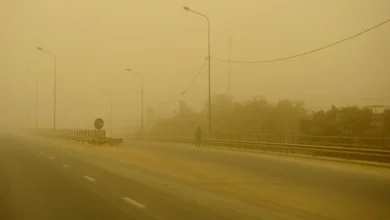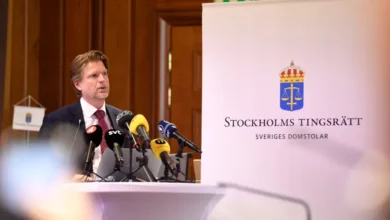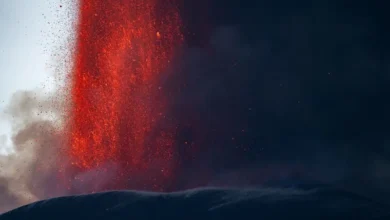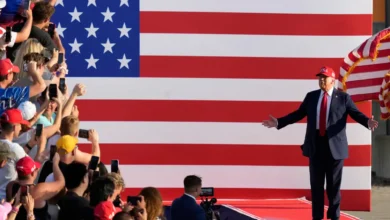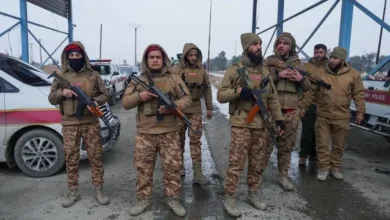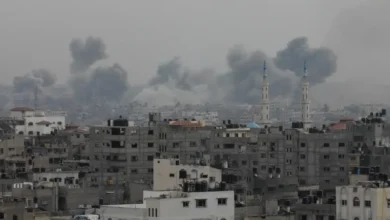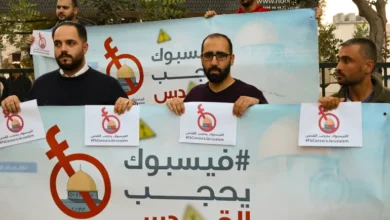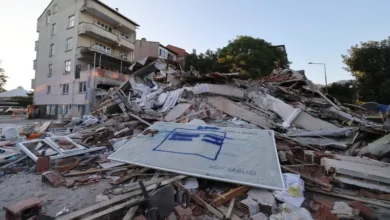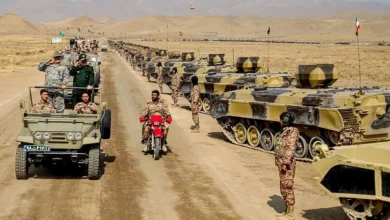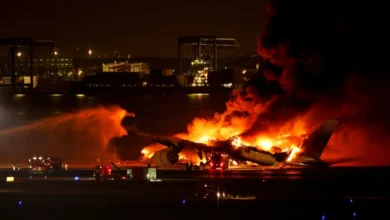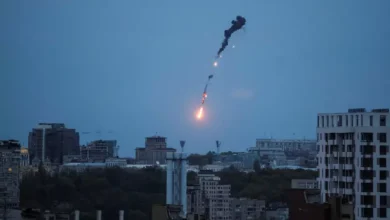As Russians fight for Ukraine, Kyiv is faced with a new dilemma
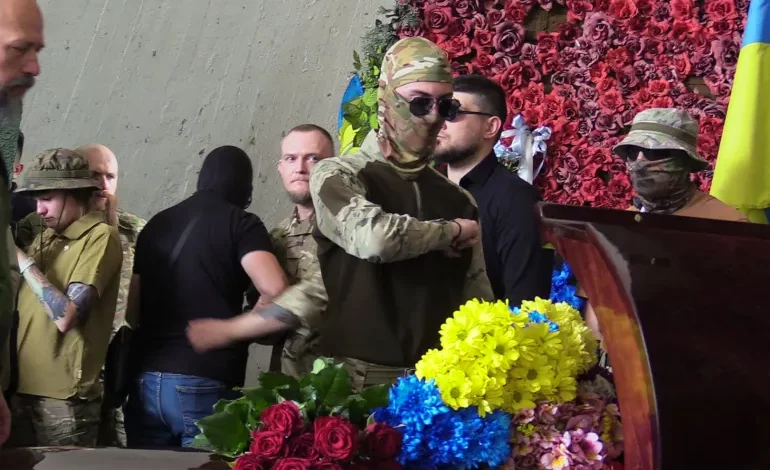
Standing next to the coffin with the body of Daniil Maznik, many of his camouflage-clad, battle-tested brothers-in-arms wept.
“He was a brave warrior, a pious Christian, a trustworthy comrade,” Denis Kapustin, Maznik’s commanding officer, said through tears during a farewell ceremony last weekend at the historic Baikove cemetery in Kyiv.Maznik, a bearded and burly 29-year-old, was killed during one of the most audacious and brazen military operations of the continuing Russia-Ukraine war.
On June 1, he was part of four small military units that crossed into the western Russian region of Belgorod to attack Shebekino, a city of 40,000, and seize the village of Novaya Tavolzhanka.
They clashed with border guards and servicemen and were backed by Ukrainian drone attacks and heavy, indiscriminate artillery fire that included banned cluster munitions, Russian officials claimed.
As they moved forward, tens of thousands of civilians fled Belgorod in panic, and Novaya Tavolzhanka briefly became Russia’s first and only area Moscow did not control.Maznik led the takeover of a border checkpoint, hijacked an armoured vehicle and captured a serviceman before being mowed down by gunfire on June 3, Kapustin said.
The farewell ceremony held inside a cavernous funeral parlour would have resembled thousands of similar rituals held throughout Ukraine in the past 16 months.None agreed to be interviewed by Al Jazeera, saying they had been “instructed” not to talk to the media.
And not a single Ukrainian official showed up to deliver a eulogy or put flowers on the coffin.
Because Maznik, whose nickname was Shaiba (Puck), was a Russian national and part of the Russian Volunteer Corps (RVC), a small military unit founded by fugitive ultranationalists.They said they were backed by The Freedom of Russia Legion made up of Russian prisoners of war who switched sides, and groups of volunteers from neighbouring Poland and Belarus.In February 2022, the Kremlin planned a triumphant blitzkrieg to topple Ukrainian President Volodymyr Zelenskyy’s government.
In the words of the Kremlin, the purpose of Russia’s “special military operation” was to “liberate” Ukraine from Zelenskyy’s “neo-Nazi junta”.
Back then, the very idea that the RVC and its allies would bring the war home to Russia during three raids – in March, late May and early June – would have seemed improbable.
By that measure, Kyiv could have used the raids to trumpet how faltering and feeble Moscow’s war effort is, and how Russian officials failed to protect border regions despite hefty defence budgets.
But it did not.
Instead, Kyiv considers the RVC an independent political force the Kremlin should negotiate with directly.
